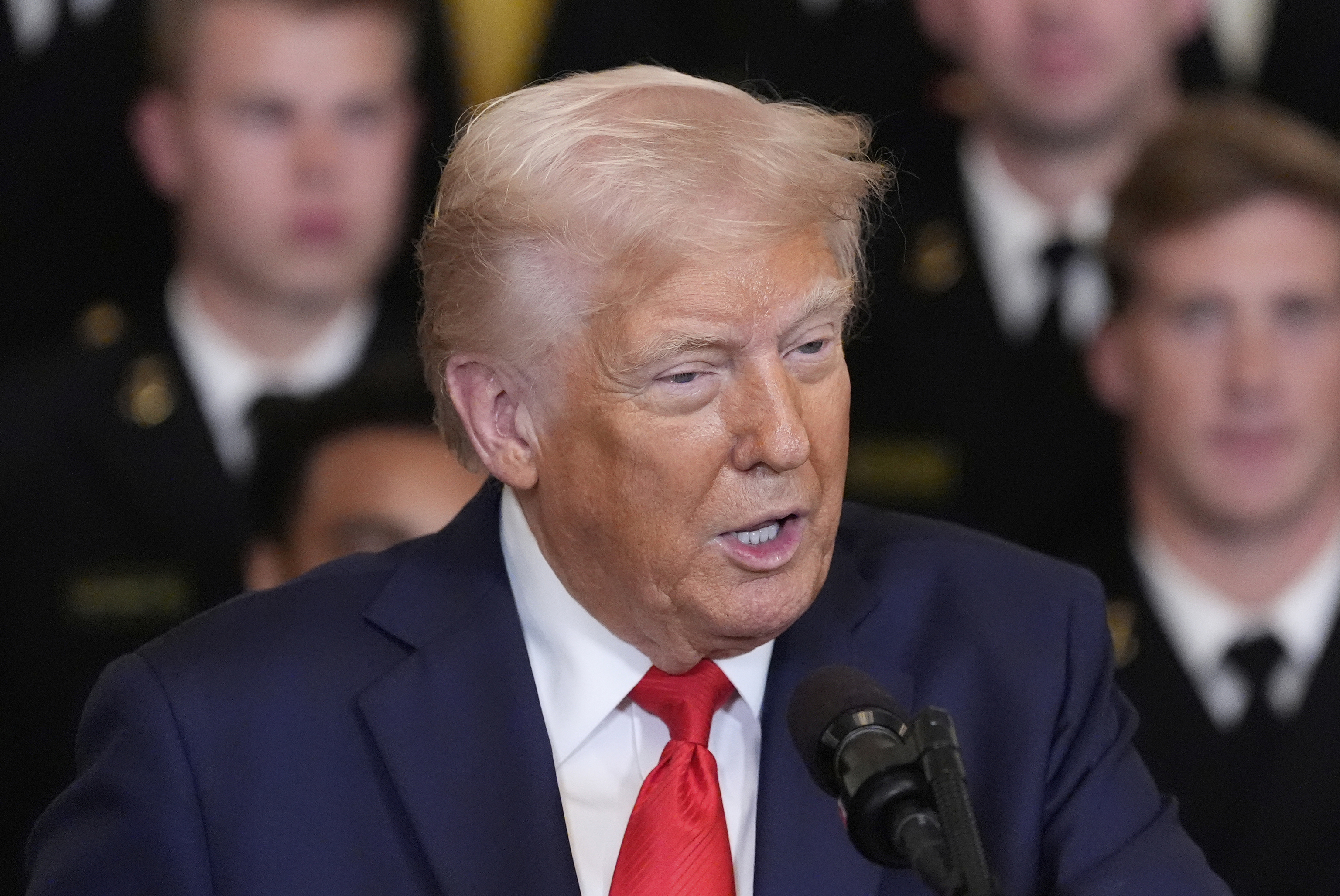U.S. President Donald Trump has signed an executive order aimed at reducing drug prices, accelerating the approval of generic products, and improving the efficiency of the Medicare health program, with a concession to pharmaceutical companies.
Trump has instructed Health Secretary Robert F. Kennedy Jr. to collaborate with Congress to modify the Prescription Drug Price Negotiation Program under the public Medicare plan, as reported by Efe.
This program, approved in 2022 as part of the Inflation Reduction Act, allows the government to negotiate with pharmaceutical companies to offer products at a low cost to Medicare beneficiaries and includes what pharmaceutical companies criticize as the "pill penalty," which limits the price of some drugs for years after their approval.
The "penalty," says Trump, "threatens to distort innovation by directing investment towards expensive biological products, often indicated for treating rarer diseases, and away from 'small molecule' prescription drugs, generally cheaper and treating larger patient populations."
He also ordered Kennedy Jr. to work on a payment model that allows Medicare to "obtain better value for money on high-cost prescription drugs and biological products" covered by that plan.
Among other things, the president aims to "reevaluate the role of the intermediary" in the pharmaceutical value chain, "accelerate the approval of generics," and identify prescription drugs that can be "reclassified" for over-the-counter sale in pharmacies.
Although the text is vague, it does specifically mention insulin and epinephrine as examples of drugs that he wants to make more accessible and affordable to low-income individuals or those without health insurance.
The order, which also aims to "increase the importation of low-priced" prescription drugs, comes precisely as Trump is expected to soon announce tariffs on pharmaceutical imports, which have so far been exempt from duties in his trade war.
Kennedy Jr. is also instructed to collaborate with the Departments of Justice and Commerce and with the Federal Trade Commission to "reduce anticompetitive behavior by pharmaceutical manufacturers."
